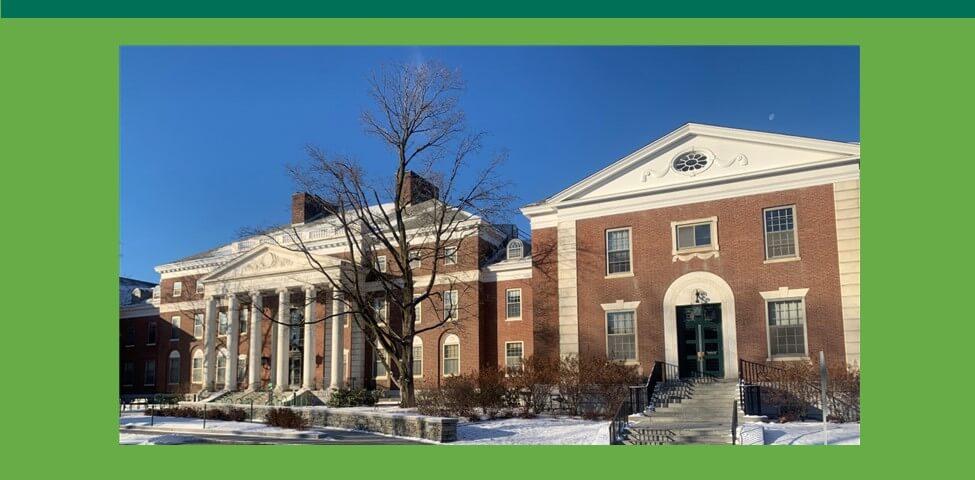In spring of 2022, UVM increased its minimum annual funding level for doctoral stipends to a level equivalent to the Vermont Basic Needs Budget (BNB) published by the Joint Fiscal Office of the Vermont State Legislature. Further discussion in spring 2023 has led to a commitment to also fund the minimum annual master’s stipends at the same BNB level. These stipends have been significantly lower than doctoral stipends, so a multiyear approach is required. The goal of reaching the BNB level for master’s students will be reached in fiscal year ‘25 (FY 25).
The BNB is an important standard to adopt because it considers the actual costs of living in Vermont. For example, we know that local housing costs are high, and the BNB reflects this. The annual stipends are set at the BNB level for a single person in shared housing (2 people, 2 bedrooms), and then adjusted for the additional costs of student fees, the fact that the single student health insurance is fully paid, and that stipends are not subject to FICA taxes.
Graduate students with full-time assistantships work 20 hours per week so the BNB is earned with half the hours required of a full-time employee. These students also must be full-time students and receive a full scholarship to support those studies. Minimum annual doctoral stipends in FY 24 will be $32,000 ($30.78/hr), an increase of 7.9% over the FY 23 doctoral minimum. Minimum annual master’s stipends in FY 24 will be $27,850 ($26.78/hr), an increase of 17% over the FY 23 stipends. The minimum annual FY 25 stipend will be the same for both master’s and doctoral students and will be set at the adjusted BNB level that year. The stipends are prorated for shorter terms or for less than a full-time position. These rates apply to all assistantship types, regardless of type of work involved.
